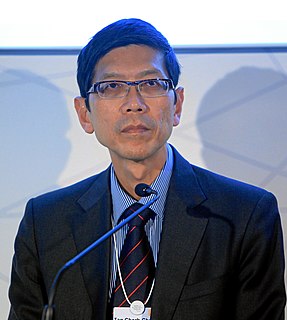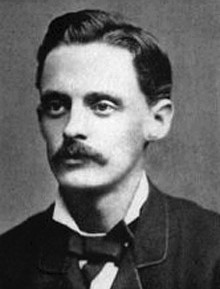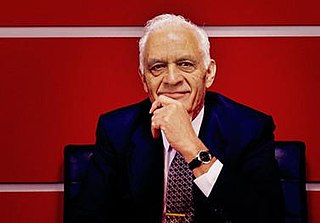A Quote by Daniel Goleman
The industrial processes in use today were developed at a time when no one had to consider what the environmental impact was. Who cared? But making ecological concerns matter to a company's bottom line will help it do the research and development that will reinvent everything we buy.
Related Quotes
There's real "right brain" creativity that goes into all of the organizational processes that a company utilizes and must continually reinvent in order to conduct its business. But there are also the "left brain" accounting functions that must continually ask how the company is doing financially and whether the creative processes are working for the bottom line.
The environmental issues we face today are complex and span many knowledge domains. This undergraduate degree programme in Environmental Studies will nurture a pool of graduates who are able to think deeply and broadly about these issues, and help develop novel solutions for Singapore, Asia and beyond. I am delighted at this programme for another reason - it is the first undergraduate course that draws on expertise from eight Faculties in NUS, making full use of the comprehensive strengths of our University.
The development process is not that simple... When I started working at Fox in '92, the company had decided that dramas were dead: they weren't viable businesses and because newsmagazines were so efficient to produce and financially so much more tolerable than a drama. So that year, our company developed very few dramas.
I think I understand the relationships between different people within the company: people who are straightforward employees, people who can impact the bottom line, and people who share in the bottom line. I don't think you can understand inequality in America unless you understand what's driving profitability.
There are two kinds of people... There are the dreamers who go and buy, and there are the doers who go and make. And I've always recognized that. So the dreamers are what support our company because they will buy the product that they could make if they wanted to, had time to, or were so inclined to.
Throughout the world today there is a gowing awareness of the failings of the Western model of development and a corresponding desire to look for more human-scale, ecological ways of living. If Ladakh now succeeds in creating for itself a future which retains the foundations of its traditional past, it will be an inspiring example of how all the various elements of an ecological future fit together.
Shall an invention be patented or donated to the public freely? I have known some well-meaning scientific men ... to look askance at the patenting of inventions, as if it were a rather selfish and ungracious act, essentially unworthy. The answer is very simple. Publish an invention freely, and it will almost surely die from lack of interest in its development. It will not be developed and the world will not be benefited. Patent it, and if valuable, it will be taken up and developed into a business.
Industrial jobs are disappearing, and they will continue to disappear owing to productivity gains from automation. Thus, social models that were created to fit industrial and early service economies will no longer be viable. As the industrial workforce shrinks, the social model founded on it will go, too.
I think a bigger difference with social media is going to be things like the impact Instagram will have for historians. For the longest time, we had no images of the past. And then when we had the advent of the camera, we had a record of the things people chose to photograph, which, for a while, were portraits of your family, a new building we built, or a really big horse. Well now we have images of everything. That will be the biggest difference I think - that we will have a visual record of this reality in a way that will be completely covered.



































